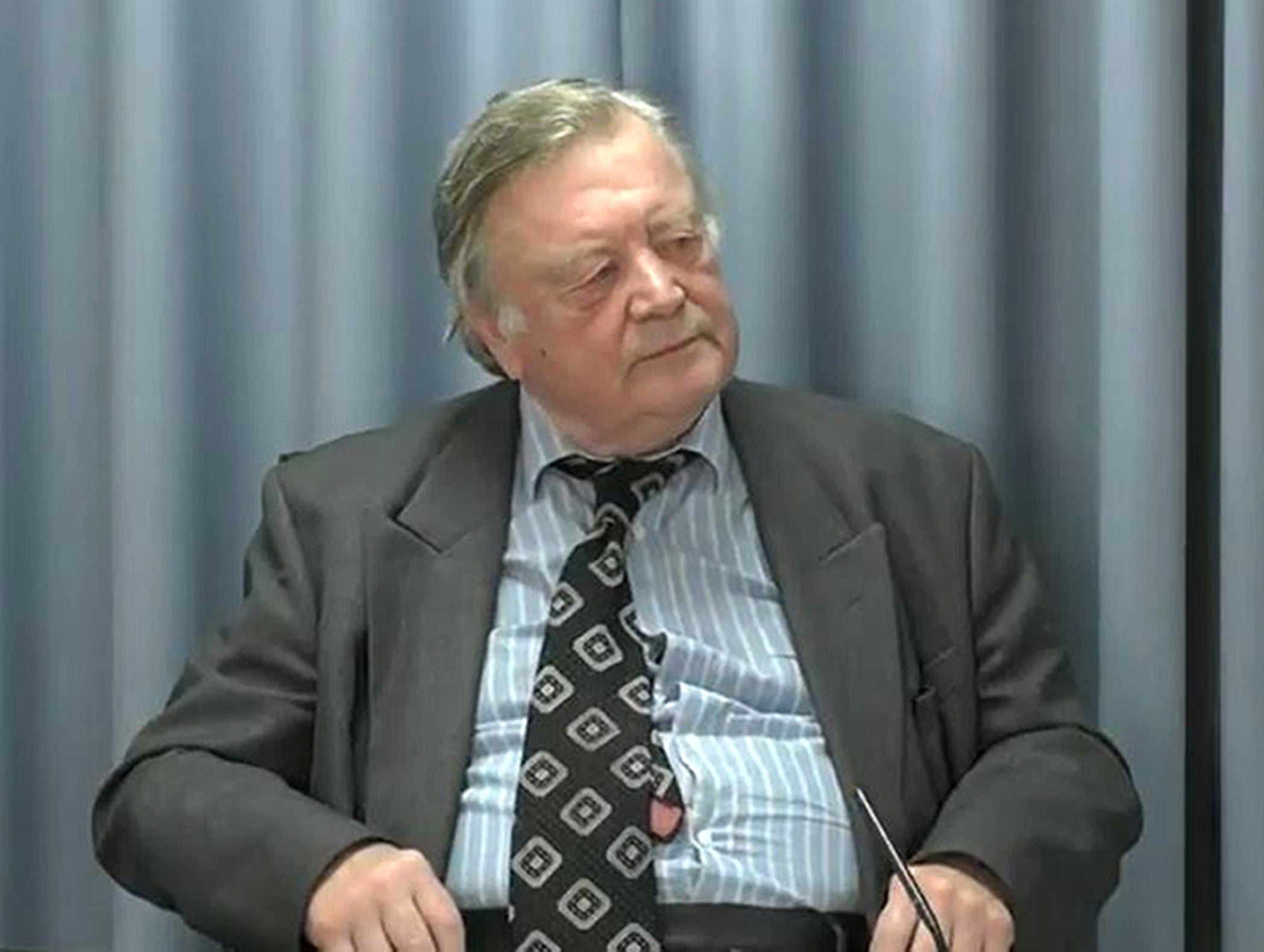Blood scandal highlights decades of struggle by victims’ families for partial resolution of grievance
Institutional resistance to transparency is as strong as ever but campaign groups have already proved at the Infected Blood inquiry that persistence can prevail


Some 3,000 people died as a result of the British National Health Service Blood Transfusion Service administering blood contaminated with HIV and hepatitis C during the 1970s and 1980s. Of its nature, many haemophiliacs and others are still suffering poor health and premature death as a result of what happens to them under the care of the NHS, which they had a right to expect would treat them properly. Yet they were treated with products derived from blood imported from, among others, high-risk prisoners in the United States.
It has been described as the worst treatment scandal in the history of the NHS, and there seems no reason to doubt it; but even that understates the scale of the injustice. Families and victims have fought long for the independent inquiry now underway as they seek to learn the truth and make those responsible accountable for their decisions. It is being led by Sir Brian Langstaff, a high court judge, and began in 2018 – more than three decades later. The latest to give evidence is Lord Clarke of Nottingham, better known as the veteran politician Ken Clarke, and a health minister (1982-85) and health secretary (1988-90), during the scandal and its aftermath. Clarke maintains that he was not the minister directly responsible for blood supplies. One focus of the inquiry is to find out whether ministers or officials were aware that, for example, the blood clotting products in question were being used on haemophiliacs even when officials knew of the risk of contamination and the then Thatcher government’s line was that there was “no conclusive evidence” that HIV/Aids was transmitted via blood transfusion, a piece of soon with fatal consequences for some, and life-changing experiences for others.
The phone hacking inquiry into the abuses of the press also provides a cautionary note that recommendations, even if accepted by government, can be ignored
Politically, the contaminated blood scandal proves a couple of things. First, that the quest by victims for official malfeasance, negligence or indifference need not be in vain. However, sometimes, as with the Blood Sunday inquiries and similar quests for the facts during the Troubles in Northern Ireland, the result can be, at best, only a partial resolution of grievances, even after decades of effort. The phone hacking inquiry into the abuses of the press chaired by Lord Justice Brian Leveson also provides a cautionary note that recommendations, even if accepted by government, can eventually be ignored, and an inquiry can also be ended if it is politically expedient. Other inquiries, such as those into VIP sexual abuse and into the Grenfell fire illustrate how families and pressure groups can, if well-advised legally, ensure that the chair and other panel members are acceptable to them. Sadly, the Windrush inquiry proves that even the most compelling of cases, where government concedes mistakes and promises compensation, redress can arrive far too late to help those affected because of an inordinate passage of time
The Infected Blood inquiry also provides a poignant reminder to those in government and public, administration and obeying orders that there is generally no “statute of limitations” and they remain potentially responsible for their actions far into the future. (The proposed changes to the law on offences committed by terrorists and British security forces during the Northern Ireland Troubles is a notable exception to that rule). The multiple inquiries into the British involvement in the Iraq War of 2003 proves that there is no limit on the number of variety of inquiries that can be set up to pursue a true account of events.
Limitations on judicial review now being tabled by the government, and the retrospective approach to the Troubles suggest that the institutional resistance to transparency is as strong as ever; but provided campaign groups stay determined and hold their nerve, then they may well prevail. It is, though, a draining process.



Join our commenting forum
Join thought-provoking conversations, follow other Independent readers and see their replies
Comments